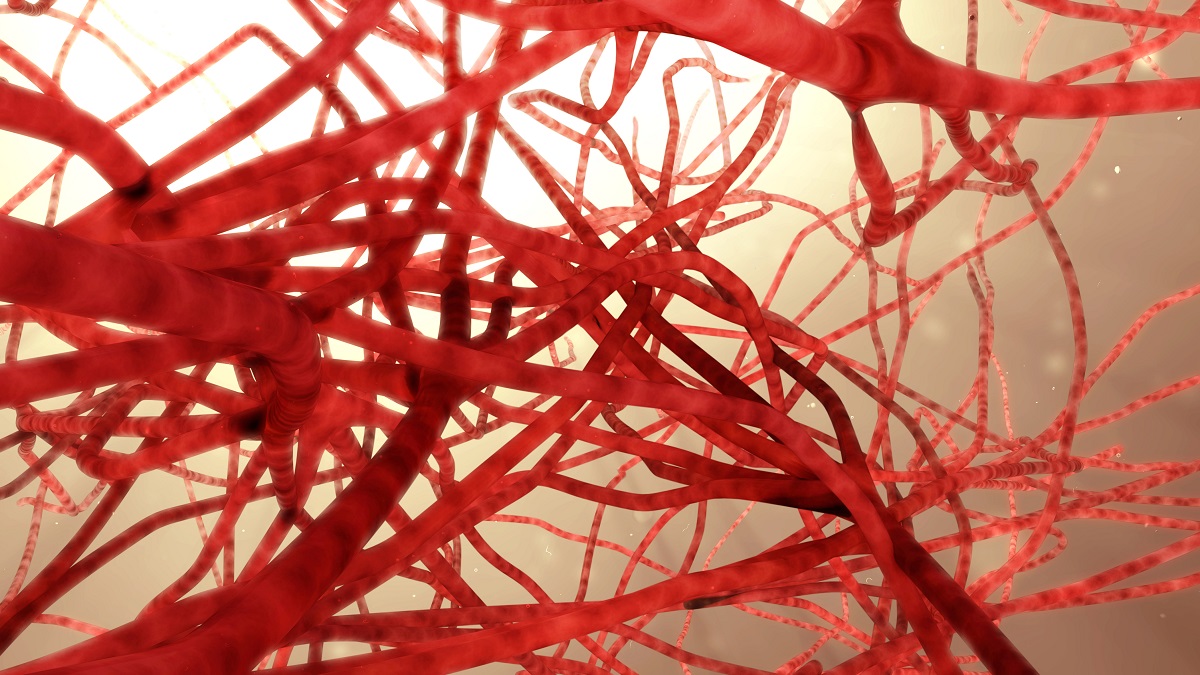KEY TAKEAWAYS
- The study aimed to investigate the metabolic requirements of CD4+ Tfh cells in AITL patients.
- Researchers noticed that interfering with choline metabolism in AITL exposes a distinct metabolic vulnerability, suggesting a promising new therapeutic strategy for patients.
Angioimmunoblastic T-cell lymphoma (AITL) presents a critical clinical challenge due to its dismal survival outcomes, necessitating targeted therapeutic interventions. The key drivers of malignancy in AITL involve CD4+ follicular helper T cells (Tfh), yet the metabolic intricacies of these malignant Tfh cells remain unexplored.
Adrien Krug and his team aimed to assess the urgency of explaining the metabolic requirements of Tfh cells in AITL and identifying novel therapeutic strategies.
They performed an inclusive analysis to uncover the prominent metabolic pathways utilized by AITL lymphoma cells. Employing metabolomic and proteomic analyses on murine AITL (mAITL) T cells from the established mAITL model, the study validated these findings by comparing AITL patient and healthy T cell expression data.
An investigation into mAITL Tfh cells revealed a striking dependence on the choline lipid pathway, specifically the second branch of the Kennedy pathway, responsible for phosphatidylcholine production – a major membrane constituent. Transcriptomic analysis of Tfh cells isolated from AITL patient tumors confirmed the upregulation of the choline lipid pathway. Notably, enzymes such as choline kinase, crucial for initiating the phosphatidylcholine pathway, exhibited heightened expression not only in AITL but across various tumor types.
Treatment of the mAITL preclinical mouse model with a fatty acid oxidation inhibitor significantly increased their survival. This intervention also led to the transformation of exhausted CD8 T cells within the tumor into potent cytotoxic anti-tumor cells. Specific inhibition of Chokα underscored the importance of the phosphatidylcholine production pathway in neoplastic CD4+ T cells, nearly eradicating mAITL Tfh cells from the tumors. Importantly, this inhibitor-induced cell death in the majority of hAITL PD-1high neoplastic cells in human AITL lymphoma biopsies.
The study concluded that interference with choline metabolism in AITL unveils a distinct metabolic vulnerability, suggesting a potential novel therapeutic strategy for patients facing this challenging malignancy.
The study is sponsored by the ‘Fondation ARC pour la Recherche sur le Cancer’, la Ligue Nationale Contre le Cancer “Equipe Labellisée”, the Agence Nationale de la Recherche, IDEX UCAJedi ANR-15-IDEX- 01 by ANR ANR-16-CE16-0024–01, la Ville de Nice, the Canceropôle PACA, Institut National du Cancer (INCA) and Conseil General des AM et la région PACA et Corse, the French Ministry of Research, la Fondation pour la Recherche Médicale (FRM) and la Societé Française d’Hématologie (SFH).
Source: https://pubmed.ncbi.nlm.nih.gov/38321568/
Krug A, Tosolini M, Madji Hounoum B, et al. (2024). “Inhibition of choline metabolism in an angioimmunoblastic T-cell lymphoma preclinical model reveals a new metabolic vulnerability as possible target for treatment.” J Exp Clin Cancer Res. 2024 Feb 6;43(1):43. doi: 10.1186/s13046-024-02952-w. PMID: 38321568; PMCID: PMC10845598.



